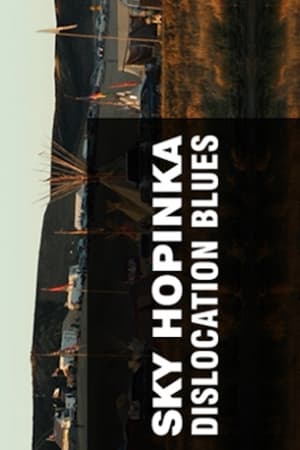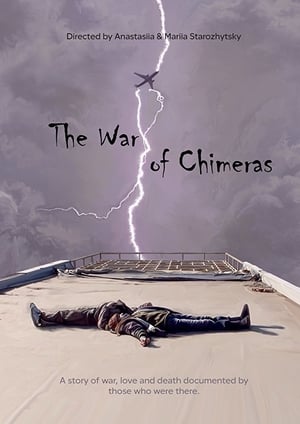Overview
Kherson, Ukraine's embattled city, has endured invasion, occupation, and liberation. On February 24, 2022, Russian tanks entered Kherson, leading to brutal occupation marked by violence. Despite being outnumbered, local defense forces resisted, and citizens protested under the slogan "Kherson is Ukraine!" An underground resistance formed, led by brave individuals like journalist Valentyna and others who risked arrest and torture to support the cause. After nine months, Ukrainian forces liberated Kherson, but Russian destruction left the city in chaos. Shelling and drone attacks became relentless, and in June 2023, a dam explosion flooded the city, causing further devastation. Despite these challenges, Kherson's spirit remained unbroken, with citizens embracing arts and resilience. By August 2024, drone attacks specifically targeted civilians, yet the city resisted, determined to rebuild and reclaim its identity, refusing to succumb to ruin.
Reviews
"Kherson: Human Safari" stands as an extraordinary testament to human endurance in the face of unimaginable brutality. Director Zarina Zabrisky has crafted more than a documentary—she has created a vital historical record that captures the raw truth of civilian life under Russian aggression.
The film's five-part structure chronicles the devastating journey of Kherson's residents: from the shock of invasion, through the suffocating months of occupation, the bittersweet liberation, the catastrophic flooding after the Kakhovka Dam's destruction, and the ongoing nightmare of drone warfare that turns human beings into targets for sport.
What makes this work exceptional is its intimacy. These aren't statistics or headlines—these are neighbors, teachers, doctors, and artists who risk everything simply by speaking their truth on camera. Their voices carry the weight of lived experience: the underground hospitals operating by flashlight, the schools teaching in basements, the artists who continue creating amid ruins. One unforgettable scene shows a woman dancing in her destroyed school—an act of defiance that speaks louder than any protest.
The film's power lies not in sensationalism but in its quiet accumulation of testimony. When someone whispers, "While the world is asleep, we are dying here," the words land with devastating precision. The documented drone attacks—where civilians are stalked, filmed, and murdered for online propaganda—reveal a new dimension of warfare's cruelty.
Yet this is fundamentally a story of resistance. Despite nine months of occupation, despite daily terror, Kherson's people refuse to be erased. They protest, they rebuild, they create art, they keep their Christmas trees up for hope. Their mantra "Vse bude dobre" (Everything will be fine) isn't naive optimism—it's steel-willed determination.
Zabrisky's brave filmmaking has already drawn backlash from Russian forces, with increased drone strikes following the film's release. This only underscores its importance as both an artistic achievement and an urgent call to action. Available free since June 27, 2025, this film demands to be seen—not as entertainment, but as essential testimony.
"Kherson: Human Safari" achieves what great documentary filmmaking aspires to: it makes the distant immediate, the abstract concrete, and the unbearable unforgettable. It's a portrait of a city that refuses to disappear, told by people who insist on being heard.

 72 min
72 min
 0
0
 2025
2025
 USA
USA
 ablank wrote:
ablank wrote:


















